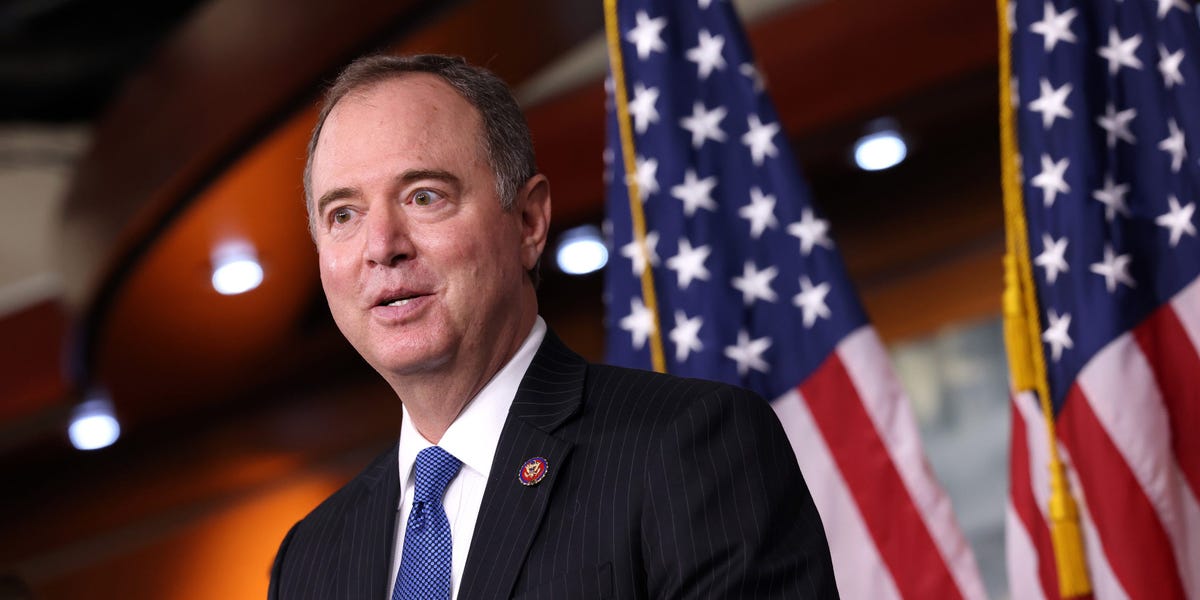Tariff Timeout: Schiff Probes Potential White House Insider Gains

Wall Street Breathes a Sigh of Relief as Trump Announces Tariff Reprieve
Investors saw a welcome surge of optimism on Thursday as President Donald Trump signaled a temporary halt to proposed tariffs for several key trading partners. The stock market quickly responded, rebounding with renewed energy after weeks of trade tension and uncertainty.
The unexpected tariff pause brought immediate relief to markets, with traders and investors interpreting the move as a potential de-escalation of international trade conflicts. Stocks, which had been volatile in recent weeks, showed immediate signs of recovery, reflecting the market's positive reception to the president's announcement.
This strategic pause suggests a potential softening in the administration's trade approach, offering hope for smoother economic negotiations and reduced global trade friction. Investors are now watching closely to see how this development might reshape international trade dynamics in the coming months.
